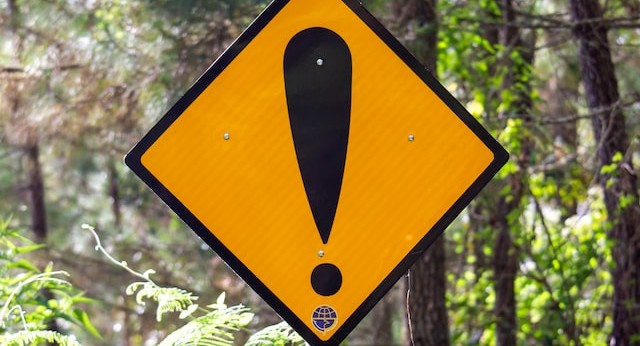Earlier today I posted to the Beyond Branding blog reflecting on how the book has become a kind of Passion Brand.
I first came across this idea in Alan Mitchell’s excellent book Right Side Up.
Martin Lindstrom has written here about passion branding from the producer perspective and counts Lego, Harley Davidson among examples.
But what I’m intrigued by are brands that are driven not by a producer’s desire to make money (however well disguised) but by a community’s shared interests and excitements.
The net has made it possible for these sorts of communities to form and organise themselves. These communities have potential to create great value for members, often without money changing hands. They create real human value but economists won’t pick it up. So I think they are often less well recognised than more conventional, more vulgar brands.
My recent entries have focussed on Movable Type which is a good example. The charge for the package is low (nil to personal users) and the value is high, in large part because support is offered by users in a forum.
The world of marketing gets fixated with the noisy brands – but over time I think we’ll come to see them as inefficient and be suitably unimpressed. The real learning, and real value, is going to come from networks of people collaborating.







